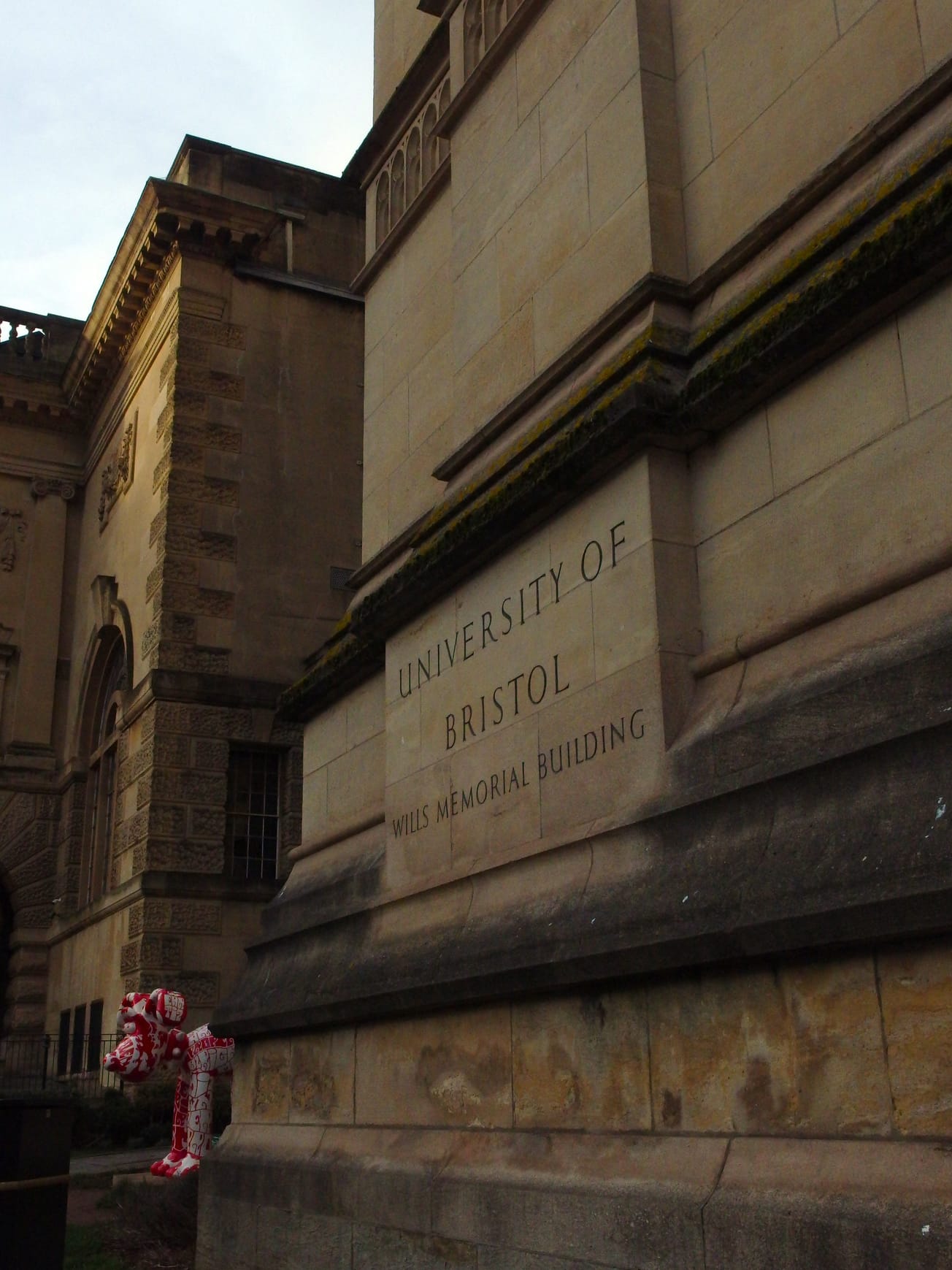By Anastasia O’Reilly, Fourth Year Religion and Theology
The Labour government announced plans at the end of September to raise annual tuition fees to £10,500, in line with inflation. Annual tuition fees in England and Wales have been capped at £9,250 for the past seven years.
University students in England and Wales are already faced with a hefty debt after leaving university. On average, students are left indebted to £45,600 after completion of a three year course. But new plans by the Labour government could increase that debt to over £50,000, according to The Standard.
The decision awaits approval from chancellor Rachel Reeves.
When asked about the possible plans, Second year Electrical and Electronic Engineering student Jasper said:
“This decision has definitely tarnished my view of the [Labour] party”
“Luckily I am already enrolled in university, otherwise I might not be able to consider it as an option”.
Even though the raise may not directly impact students now, Jasper states that “the prospect of the higher debt is scary because interest rates are so high that if they increase the tuition loan you end up paying a lot more as the interest compounds”.
The decision comes after a string of previous pledges by the party to reduce or even scrap tuition fees. During the leadership campaign in 2020, Sir Keir Starmer said that tuition fees would be abolished. In July of this year education secretary Bridget Phillipson, stated that international student recruitment would support universities so that tuition fees for home students would not need to be raised.
However, the party has since gone back on these pledges due to the rise in inflation and concerns around NHS waiting lists being the priority for spending.
Labour politician Peter Mendelson told the Guardian that “England’s universities have reached an inflection point” with severe and worsening financial pressures, supporting a rise in fees which are capped at 2.5% increase.
Liberal Arts student Verity acknowledged that “everything is going up in life” but that “students are one of the many groups who are being let down by labour failing to take a stand”. She stated that Labour continuously failed to “prioritise the welfare of people as much as they have promised to”.
It has been acknowledged that aid will be needed for students from financially disadvantaged backgrounds, with reported plans to reinstate grants of up to £3,500 for students in this category, something that the Conservative government removed for English students in 2016.
“This would massively help relieve the pressure” says Jasper, whose current maintenance loan received from Student Finance England “isn’t enough to cover the cost of living”.
“I have to work alongside my studies which affects the amount of time that I can put into my studies and overall affects my accomplishments in my degree”.
In 1998 the Labour government, under Tony Blair, tuition fees of £1,000 were introduced to fill a funding gap, with the reason being that students with a degree will benefit from higher pay in future and therefore they should pay something towards the cost.
“It's not something that I want to go to, but I do recognise that over time the value of the fee has eroded,” said Bridget Phillipson.








